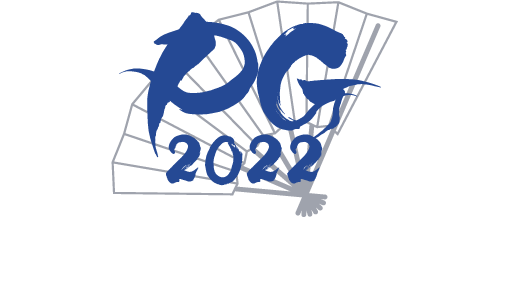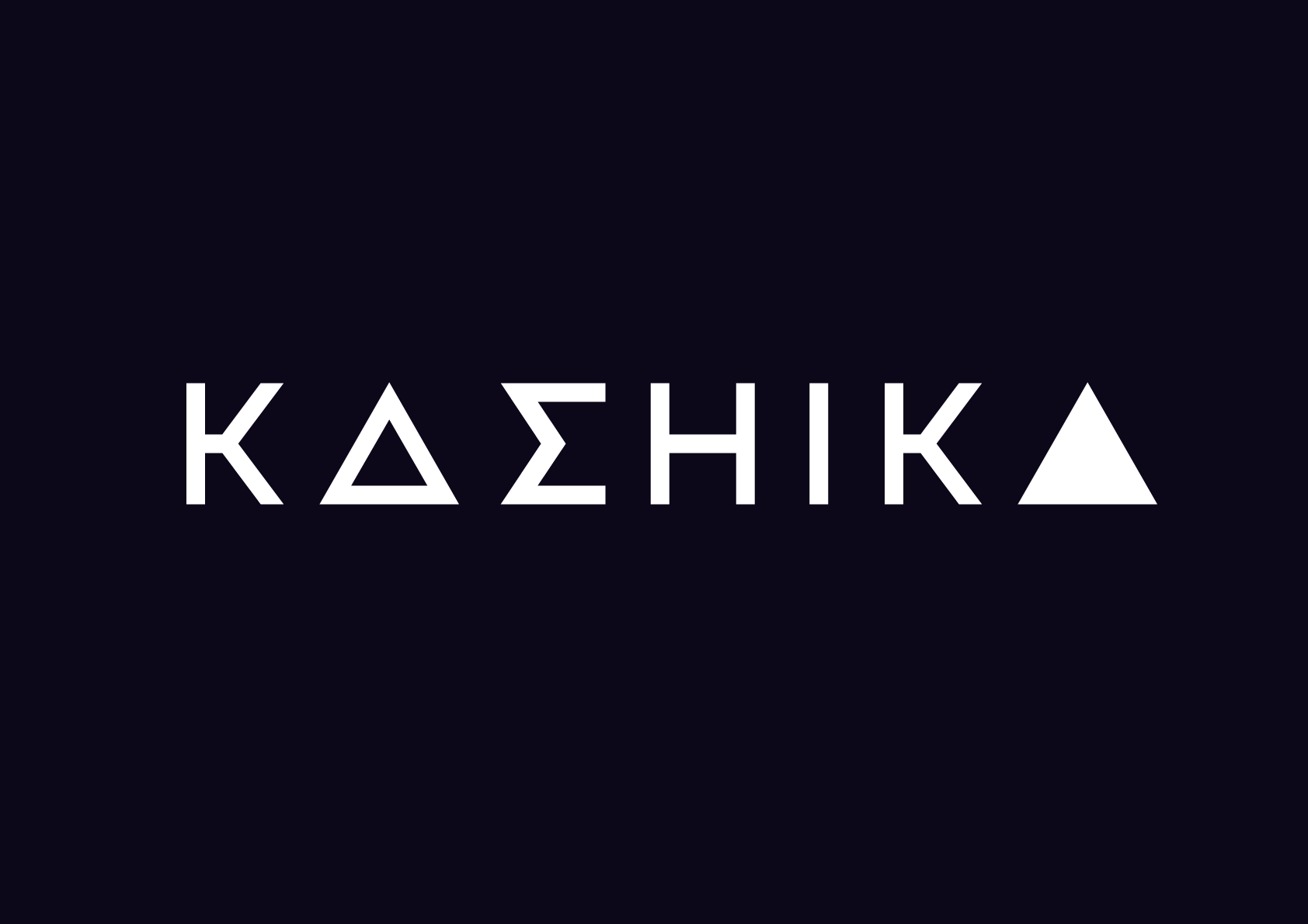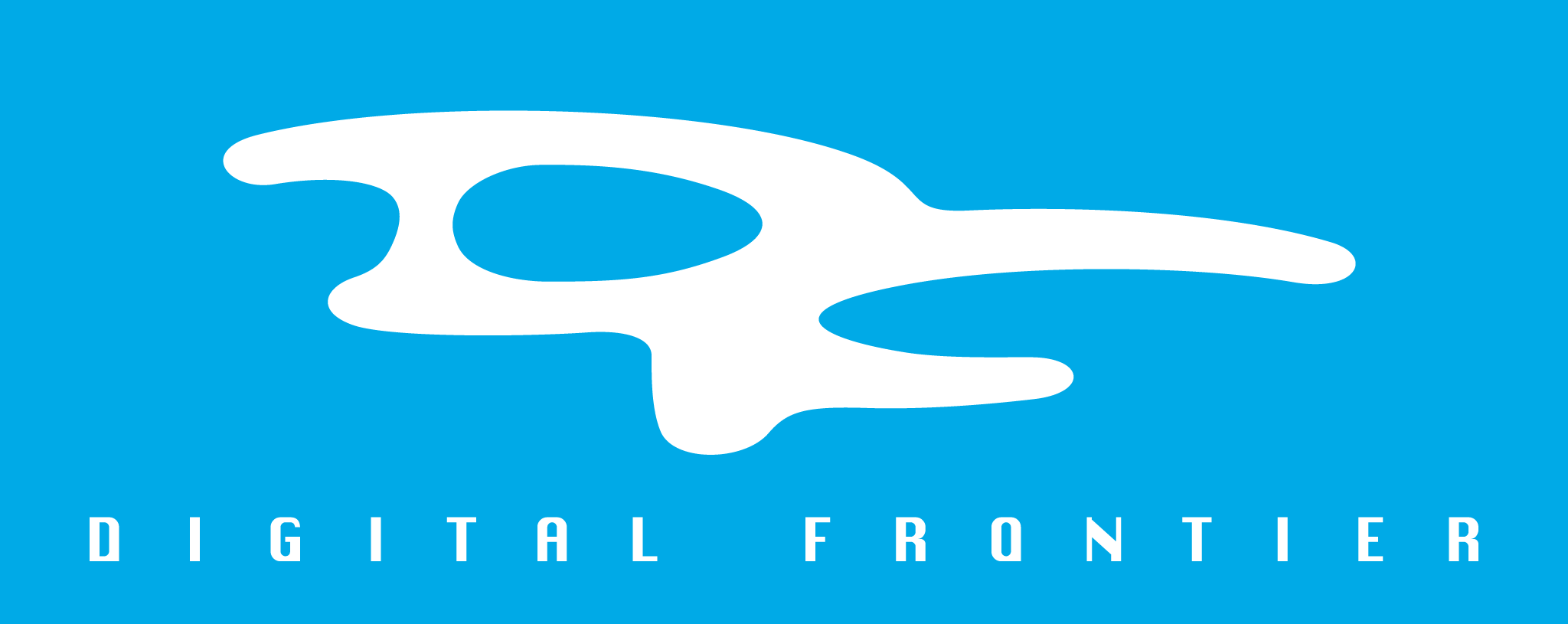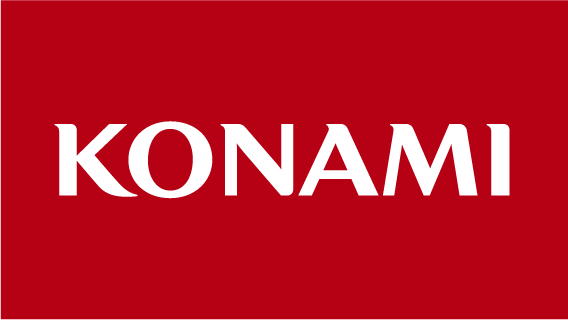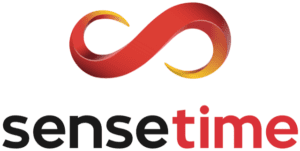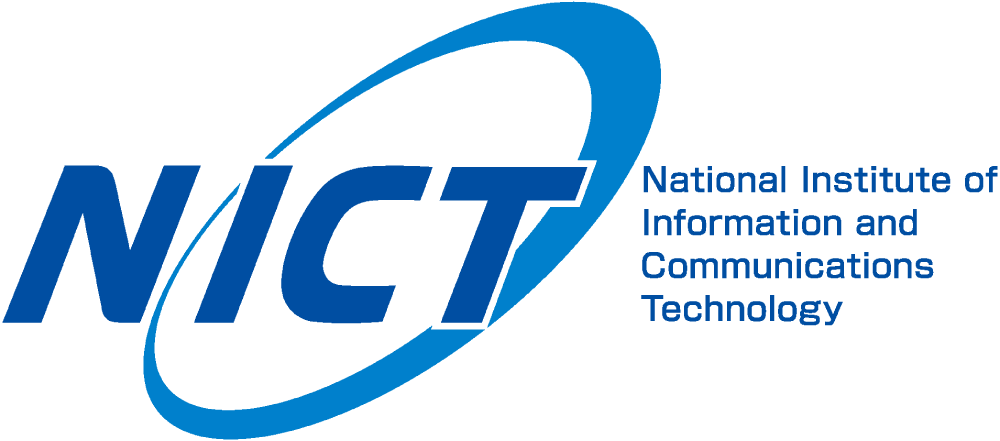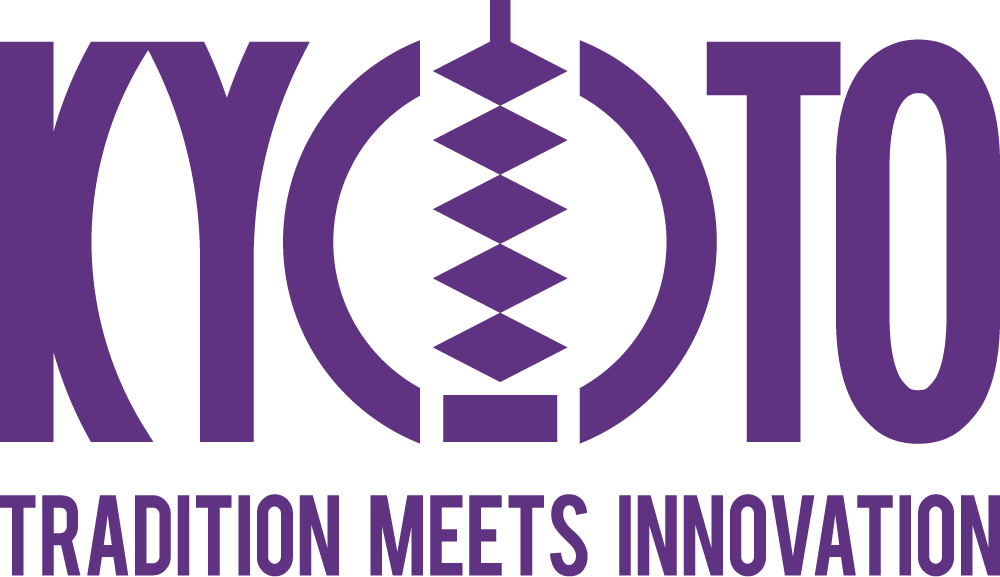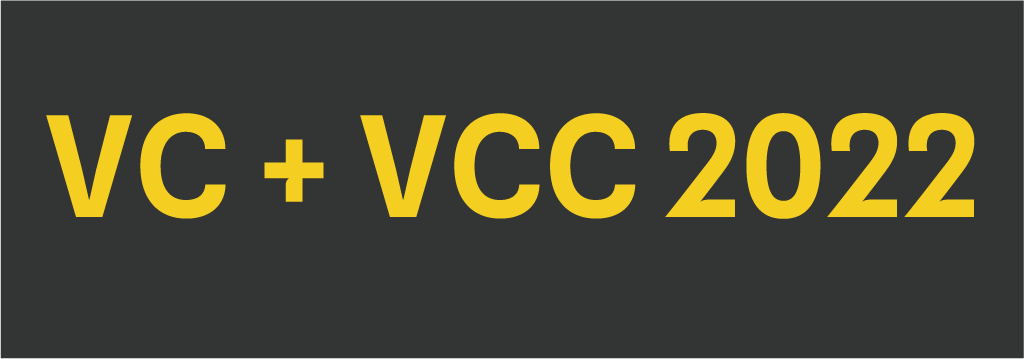The 30th Pacific Conference on Computer Graphics and Applications, Pacific Graphics 2022, will take place at Kyoto International Conference Center, Kyoto, Japan on October 5th-8th, 2022.
Pacific Graphics is a flagship conference of the AsiaGraphics Association.
All accepted journal track papers will be published in a special issue of Computer Graphics Forum (CGF), the journal of the Eurographics Association, in print and online in 2022.
This year, Pacific Graphics 2022 is a part of CG Kyoto 2022 and will be co-located with Visual Computing 2022, a largest domestic conference on computer graphics in Japan, at the Kyoto International Conference Center.
VENUE


Program
This is the current version of the program. This program may subject to further update. If you are an author please check your title and the author information. Contact the program chair “chairs-pg2022@eg.org” if anything is wrong.
PROGRAMS


LOCATIONS:
- Paper sessions, opening and closing: room C1
- Keynote & Special Industry Talk: room A
- Banquet: Swan (1F)
Keynote Speakers
Prof. Ben-Chen is an Associate Professor at the Center for Graphics and Geometric Computing of the CS Department at the Technion. She has received her Ph.D. from the Technion in 2009, was a Fulbright postdoc at Stanford from 2009-2012, and then started as an Assistant Prof. at the Technion in 2012.
Dr. Hao Li is an associate professor of computer vision at MBZUAI and the CEO of Pinscreen. Li's area of expertise lies at the intersection of computer vision, computer graphics, and machine learning, with a focus on virtual humans, reality capture, and AI synthesis. His goal is to enable new AI and immersive technologies that can make the concept of the metaverse possible and enhance our lives with digital experiences that are otherwise not possible in the physical world.
I am an Assistant Professor of Computer Science at the University of Chicago. I founded and direct 3DL (threedle! ), a group of enthusiastic researchers passionate about 3D, machine learning, and visual computing. I obtained my Ph.D. in 2021 from Tel Aviv University under the supervision of Daniel Cohen-Or and Raja Giryes.
Paper Presentations
| Session Name | Session Chair | Paper Title | Authors |
| Curves & Meshes | Stefan Ohrhallinger | Out-of-core Extraction of Curve Skeletons for Large Volumetric Models | Yiyao Chu, Wencheng Wang |
| Point-Augmented bi-cubic subdivision surfaces | Kestutis Karciauskas, Jorg Peters | ||
| SIGDT: 2D Curve Reconstruction | Diana Marin, Stefan Ohrhallinger, Michael Wimmer | ||
| MeshFormer: High-resolution Mesh Segmentation with Graph Transformer | Li Yuan, He Xiangyang, Jiang Yankai, Liu Huan, Yubo Tao, Hai Lin | ||
| WTFM Layer: An Effective Map Extractor for Unsupervised Shape Correspondence | Shengjun Liu, Haojun Xu, Dongming Yan, Qinsong Li, Ling Hu, Xinru Liu | ||
| Sketch & Modeling | Haoran Xie | Learning a Style Space for Interactive Line Drawing Synthesis from Animated 3D Models (Short Paper) | Zeyu Wang, Tuanfeng Y. Wang, Julie Dorsey |
| Multi-instance Referring Image Segmentation of Scene Sketches based on Global Reference Mechanism (Short Paper) | Peng Ling, Haoran Mo, Chengying Gao | ||
| Human Face Modeling based on Deep Learning through Line-drawing (Poster Paper) | Yuta Kawanaka, Syuhei Sato, Kaisei Sakurai, Shangce Gao, Zheng Tang | ||
| An Interactive Modeling System for Japanese Castles with Decorative Objects (Poster Paper) | Shogo Umeyama, Yoshinori Dobashi | ||
| Interactive Deformable Image Registration with Dual Cursor (Short Paper) | Takeo Igarashi, Tsukasa Koike, Taichi Kin | ||
| Point Cloud Processing & Dataset Generation | Tatsuya Yatagawa | MINERVAS: Massive INterior EnviRonments VirtuAl Synthesis | Haocheng Ren, Hao Zhang, Jia Zheng, Jiaxiang Zheng, Rui Tang, Yuchi Huo, Hujun Bao,Rui Wang |
| Exploring Contextual Relationships in 3D Cloud Points by Semantic Knowledge Mining | Lianggangxu Chen, Jiale Lu, Cai Yiqing, ChangBo Wang, HE GAOQI | ||
| UTOPIC: Uncertainty-aware Overlap Prediction Network for Partial Point Cloud Registration | Zhilei Chen, HONGHUA Chen, Lina Gong, Yan Xuefeng, Jun Wang, Yanwen Guo, Jing Qin, Mingqiang Wei | ||
| Local offset point cloud transformer based implicit surface reconstruction | Yanxin Yang, Sanguo Zhang | ||
| MODNet: Multi-offset Point Cloud Denoising Network Customized for Multi-scale Patches | Anyi Huang, Qian Xie, Zhoutao Wang, Dening Lu, Mingqiang Wei, Jun Wang, | ||
| Point Cloud Generation | Takeo Igarashi | Resolution-switchable 3D Semantic Scene Completion | Shoutong Luo, Zhengxing Sun, Yunhan Sun, Yi Wang, |
| DiffPointLabel: Annotated Point Cloud Generation with Diffusion Model | Tingting Li, Yunfei Fu, Xiaoguang Han, Hui Liang, Kavisha Jayathunge, Jian Jun Zhang, Jian Chang | ||
| USTNet: Unsupervised Shape-to-Shape Translation via Disentangled Representations | Haoran Wang, Jiaxin Li, Telea Alexandru, Jiri Kosinka, Zizhao Wu | ||
| SPCNet: Stepwise Point Cloud Completion Network | Fei Hu, Honghua Chen, Xuequan Lu, Zhe Zhu, Jun Wang, Weiming Wang, Mingqiang Wei | ||
| Video | Seung-Tak Noh | StylePortraitVideo: Editing Portrait Videos with Expression Optimization | Kwanggyoon Seo, Seoung Wug Oh, Jingwan Lu, Joon-Young Lee, Seonghyeon Kim, Junyong Noh |
| Real-Time Video Deblurring via Lightweight Motion Compensation | Hyeongseok Son, Junyong Lee, Sunghyun Cho, Seungyong Lee | ||
| A Drone Video Clip Dataset and its Applications in Automated Cinematography | Amirsaman Ashtari, Raehyuk Jung, Eve Mingxiao Li, Junyong Noh | ||
| Fast Geometric Computation | Chun-Fa Chang | Occluder Generation for Buildings in Digital Games | Kui Wu, Xu He, Zherong Pan, Xifeng Gao |
| Efficient Direct Isosurface Rasterization of Scalar Volumes | Adrian Kreskowski, Gareth Rendle, Bernd Froehlich | ||
| Fine-Grained Memory Profiling of GPGPU Kernels | Max von Buelow, Stefan Guthe, Dieter Fellner | ||
| Intersection Distance Field Collision for GPU (Short Paper) | Bastian Krayer | ||
| Reconstructing Bounding Volume Hierarchies from Memory Traces of Ray Tracers (Short Paper) | Max von Buelow, Tobias Stensbeck, Volker Knauthe, Stefan Guthe, Dieter Fellner | ||
| Rendering - Sampling | Rex West | Efficient Specular Glints Rendering with Differentiable Regularization (TVCG paper) | Jiahui Fan, Beibei Wang, Wenshi Wu, Milos Hasan. Jian Yang, Ling-Qi Yan |
| Classifier guided supersampling for real-time rendering | Yu-Xiao Guo, Guojun Chen, Yue Dong, Tong Xin, | ||
| Specular Manifold Bisection Sampling for Caustics Rendering | Jia-Wun Jhang, Chun-Fa Chang | ||
| Multirate Shading with Piecewise Interpolatory Approximation | Yiwei Hu, Yazhen Yuan, Rui Wang, Zhuo Yang, Hujun Bao | ||
| Improving View Independent Rendering for Multiview Effects (Short Paper) | Ajinkya Gavane, Benjamin Watson | ||
| Rendering - Modeling Nature and Material | TBD | Neural Reflectance Capture in the View-Illumination Domain (TVCG Paper) | Kaizhang Kang, Minyi Gu, Cihui Xie, Xuanda Yang, Hongzhi Wu, Kun Zhou |
| Real-time Deep Radiance Reconstruction from Imperfect Caches | Tao Huang, Yadong Song, Jie Guo, Chengzhi Tao, Zijing Zong, Xihao Fu, Hongshan Li, Yanwen Guo | ||
| Real-Time Rendering of Eclipses without Incorporation of Atmospheric Effects | Simon Schneegans, Jonas Gilg, Volker Ahlers, Andreas Gerndt | ||
| A Wide Spectral Range Sky Radiance Model | Petr Vevoda, Tom Bashford-Rogers, Monika Kolářová, Alexander Wilkie, | ||
| Targeting Shape and Material in Lighting Design | Baran Usta, Sylvia Pont, Elmar Eisemann | ||
| Image Enhancement | TBD | Ref-ZSSR: Zero-Shot Single Image Superresolution with Reference Image | Xianjun Han, Xue Wang, Huabin Wang, Xuejun Li, Hongyu Yang |
| Learning Multi-Scale Deep Image Prior for High-Quality Unsupervised Image Denoising | Hao Jiang, Qing Zhang, Yongwei Nie, Lei Zhu, Wei-Shi Zheng | ||
| Contrastive Semantic-Guided Image Smoothing Network | Jie Wang, Yongzhen Wang, Yidan Feng, Lina Gong, Yan Xuefeng, Haoran Xie, Fu Lee Wang, Mingqiang Wei | ||
| Adaptive and Dynamic Regularization for Rolling Guidance Image Filtering (Short Paper) | Miku Fukatsu, Shin Yoshizawa, Hiroshi Takemura, Hideo Yokota | ||
| Image Detection & Understanding | Xiaoming Liu | Effective Eyebrow Matting with Domain Adaptation | Luyuan Wang, Hanyuan Zhang, Qinjie Xiao, Hao Xu, Chunhua Shen, Xiaogang Jin |
| Fine-Grained Scene Graph Generation with Overlap Region and Geometrical Center | Yongqiang Zhao, Zhi Jin, Haiyan Zhao, Feng Zhang, Zhengwei Tao, Chengfeng Dou, Xinhai Xu, Donghong Liu | ||
| SO(3)-Pose: SO(3)-Equivariance Learning for 6D Object Pose Estimation | Haoran Pan, Jun Zhou, Yuanpeng Liu, Xuequan Lu, Weiming Wang, Yan Xuefeng, Mingqiang Wei | ||
| Joint Hand and Object Pose Estimation from a Single RGB Image using High-level 2D Constraints | Hao-Xuan Song, Tai-Jiang Mu, Ralph Martin | ||
| Image Synthesis | Yoshihiro Kanamori | User-Controllable Latent Transformer for StyleGAN Image Layout Editing | Yuki Endo |
| EL-GAN: Edge-Enhanced Generative Adversarial Network for Layout-to-Image Generation | Lin Gao, Lei Wu, Xiangxu Meng | ||
| Abstract Painting Synthesis via Decremental optimization | Ming Yan, Yuanyuan Pu, Zhengpeng Zhao, Dan Xu, Hao Wu, Qiuxia Yang, Ruxin Wang | ||
| Generative Deformable Radiance Fields for Disentangled Image Synthesis of Topology-Varying Objects | Ziyu Wang, Yu Deng, Jiaolong Yang, Jingyi Yu, Tong Xin | ||
| Image Restoration | Yuki Endo | Semi-MoreGAN: Semi-supervised Generative Adversarial Network for Mixture of Rain Removal | Shen Yiyang, Yongzhen Wang, Mingqiang Wei, HONGHUA Chen, Haoran Xie, Gary Cheng, Fu Lee Wang |
| Depth-Aware Shadow Removal | Yanping Fu, Zhenyu Gai, Haifeng Zhao, Shaojie Zhang, Ying Shan, Yang Wu, Jin Tang | ||
| TogetherNet: Bridging Image Restoration and Object Detection Together via Dynamic Enhancement Learning | Yongzhen Wang,Yan Xuefeng, Kaiwen Zhang, Lina Gong, Haoran Xie, Fu Lee Wang, Mingqiang Wei | ||
| Shadow Removal via Cascade Large Mask Inpainting (Poster Paper) | Juwan Kim, Seung-Heon Kim, Insung Jang | ||
| Stylization & Texture | Maria Larsson | Color-mapped noise vector fields for generating procedural micro-patterns | Charline Grenier, Basile Sauvage, Jean-Michel Dischler, Sylvain Thery, |
| Pixel Art Adaptation for Handicraft Fabrication | Yuki Igarashi, Takeo Igarashi | ||
| Shape-Guided Mixed Metro Map Layout | Tobias Batik, Soeren Nickel, Yu-Shuen Wang, Martin Nöllenburg, Hsiang-Yun Wu | ||
| Efficient Texture Parameterization Driven by Perceptual-Loss-on-Screen | Haoran Sun, Shiyi Wang, Wenhai Wu, Yao Jin, Hujun Bao, Jin Huang | ||
| MoMaS: Mold Manifold Simulation for real-time procedural texturing | Filippo Maggioli, Riccardo Marin, Simone Melzi, EMANUELE RODOLÀ | ||
| Physics Simulation & Optimization | Tao Du | Large-Scale Worst-Case Topology Optimization | Di Zhang, Xiaoya Zhai, Xiaoming Fu, Heming Wang, Ligang Liu |
| Spatio-temporal Keyframe Control of Traffic Simulation using Coarse-to-Fine Optimization | Yi Han, He Wang, Xiaogang Jin | ||
| NSTO: Neural Synthesizing Topology Optimization for Modulated Structure Generation | Shengze Zhong, Parinya Punpongsanon, Daisuke Iwai, Kosuke Sato | ||
| Efficient and Stable Simulation of Inextensible Cosserat Rods by a Compact Representation | Chongyao Zhao, Jinkeng Lin, Tianyu Wang, Hujun Bao, Jin Huang | ||
| Perception & Visualization | Yuki Igarashi | Learning 3D Shape Aesthetics Globally and Locally | Minchan Chen, Manfred Lau |
| Aesthetic Enhancement via Color Area and Location Awareness (Short Paper) | Bailin Yang, Qingxu Wang, Frederick W. B. Li, Xiaohui Liang, Tianxiang Wei,Changrui Zhu | ||
| DARC: A Visual Analytics System for Multivariate Applicant Data Aggregation, Reasoning and Comparison (Short Paper) | Yihan Hou, Yu Liu, He Wang, Zhichao Zhang, Yue Li, Hai-Ning Liang, Lingyun Yu | ||
| Eye-Tracking-Based Prediction of User Experience in VR Locomotion Using Machine Learning | Hong Gao | ||
| Digital Human | Takayama Kenshi | Implicit Neural Deformation for Sparse-View Face Reconstruction | Moran Li, Haibin Huang, Yi Zheng, Mengtian Li, Nong Sang, Chongyang Ma |
| Learning Dynamic 3D Geometry and Texture for Video Face Swapping | Christopher Otto, Jacek Naruniec, Leonhard Helminger, Thomas Etterlin, Graziana Mignone, Prashanth Chandran, Gaspard Zoss, Christopher Schroers, Markus Gross, Paulo Gotardo, Derek Bradley, Romann Weber | ||
| BareSkinNet: De-makeup and De-lighting via 3D Face Reconstruction | Xingchao Yang, Takafumi Taketomi | ||
| ShadowPatch: Shadow Based Segmentation for Reliable Depth Discontinuities in Photometric Stereo | Moritz Heep, Eduard Zell | ||
| DFGA: Digital Human Faces Generation and Animation from the RGB Video using Modern Deep Learning Technology (Work-In-Progress Paper) | Diqiong Jiang, Lihua You, Jian Chang, Ruofeng Tong |
PAPER AWARD
- Best Paper Award:
- Classifier guided supersampling for real-time rendering
Yu-Xiao Guo, Guojun Chen, Yue Dong, Tong Xin
- Classifier guided supersampling for real-time rendering
- Best Paper Honorable Mention:
- Best Student Presentation
- Color-mapped noise vector fields for generating procedural micro-patterns
Charline Grenier, Basile Sauvage, Jean-Michel Dischler, Sylvain Thery
- Color-mapped noise vector fields for generating procedural micro-patterns
CALL FOR PAPERS
The 30th Pacific Conference on Computer Graphics and Applications (Pacific Graphics 2022) will be held in Kyoto, Japan. Pacific Graphics is an annual flagship conference of the Asia Graphics Association. As a highly successful conference series, Pacific Graphics provides a premium forum for researchers, developers, practitioners in the Pacific Rim and around the world to present and discuss new problems, solutions, and technologies in computer graphics and related areas.
We welcome original unpublished submissions in all areas of computer graphics and its applications. The topics include (but are not limited to) modeling, rendering, animation, imaging, visualization, human-computer interaction, and graphics systems. Papers should be submitted through the SRM system. Each submission should be 7-12 pages in length for the regular papers or 4-6 pages for the short papers, and will be reviewed by an international program committee for technical quality, novelty, significance, and clarity. All of the accepted papers will be archived in the EG digital libraries and all regular papers will be published in a special issue of Computer Graphics Forum.
https://srmv2.eg.org/COMFy/Conference/PG_2022
In addition, the conference will also include poster and work-in-progress sessions. The poster and work-in-progress papers should be no more than 2 pages. The submission will be reviewed by the committee members and need to be anonymised.
https://srmv2.eg.org/COMFy/Conference/PG_2022C
As a premier forum for exchanging recent research ideas and practical achievements – Pacific Graphics is of exceptional value for students, academics and industry researchers.
July 6, 2022 Updated
IMPORTANT DATES
Important dates for regular papers:
- submission due: June 10, 2022
- review to authors: July 18, 2022
- decision notification: July 29, 2022
- revision submission due: August 17, 2022
- final acceptance notification: August 24, 2022
Important dates for short papers, work-in-progress papers, and posters:
- submission due: July 15, 2022
- decision notification: August 18, 2022
REGISTRATION
Registration is now open for Pacific Graphics 2022 !
Visa Information
Be careful that all foreign nationals currently require a visa to travel to Japan (as of Aug. 10th, 2022).
Please confirm [ Visa Information ] and the official announcement from [ the Ministry of Foreign Affairs of Japan ].
Registration fees
You can choose a payment method from credit card (VISA, MasterCard, JCB, and AMEX) and PayPal.
The early bird rate until 23:59 JST, Sep. 4th.
ONSITE
VIRTUAL
STUDENT
CONTRIBUTOR (Full, TVCG, short, poster, and WIP)
Special discount for PG+VC participants
If you plan to participate in both PG 2022 and VC 2022, you are eligible to the special discount of 20000 JPY. Register to [ VC 2022 ] first and get the discount code in the confirmation E-mail. Then, with the code, you can register to PG 2022 with the discount rate.
* Be careful that the official language in VC 2022 is Japanese.
Registration categories
The “Onsite” registration covers the eligibility to participate in the Pacific Graphics 2022 at the Kyoto International Conference Center in person. If you register as an “Onsite” participant, you are eligible not only for physical participation but also for virtual participation. Therefore, the onsite participants can also get the URL for live streaming the conference. On the other hand, if you register as a “Virtual” participant, you are not allowed to participate in the conference in person but will get the URL for live streaming. If you are a “Student,” you can join the conference free of charge regardless of whether you participate physically or virtually. However, even students must register with this form.
Please be aware that you can get a ticket with the early bird rate until 23:59 JST, Sep. 4thh.
Terms and conditions for registration
Please be aware that the conference does not run any cancelation policy. Therefore, no refund is possible.
If Pacific Graphics 2022 has to be canceled due to reasons that are beyond the power and control of the organizers (for example, outbreak of infectious diseases or acts of terrorism), participants are entitled to a partial refund of the registration fee only. In this case, the amount remaining after payment of all financial liabilities for Pacific Graphics 2022 will be refunded proportionally to the registered participants.
Important notice for paper contributors
For each paper contribution (full paper, TVCG paper, short paper, poster, and WIP), one “Contributor” registration is required (please do not register more than two “Contributor” registrations for a single paper). You need the corresponding number of “Contributor” registrations if you are an author of two or more papers. For example, when a paper is written jointly by a student and two seniors, and only the student participates in the conference, the student must register as a contributor. If one of the seniors participates in the conference and registers as a contributor, the student can participate free of charge. The “Contributor” registration covers the same eligibility as the “Onsite” registration.
If you are not a paper contributor, you will be expected to choose an appropriate registration category.
Visa Information
If you need a visa to travel to Japan, please answer “Yes” to the question “Do you need a visa to travel to Japan?” in the registration form. Be careful that all foreign nationals currently require a visa to travel to Japan (as of Aug. 10th, 2022). For more details, please confirm the page for the visa information on [ the Pacific Graphics website ] and the official announcement from [ the Ministry of Foreign Affairs of Japan ].
Co-located event
On the first day of the conference (Oct. 5th), we have a co-located event, “Digital Human Workshop at CG Kyoto,” at the same venue, the Kyoto International Conference Center. Please notify us of your interest in the event in the registration form. Visit the special website to check the details (coming soon).
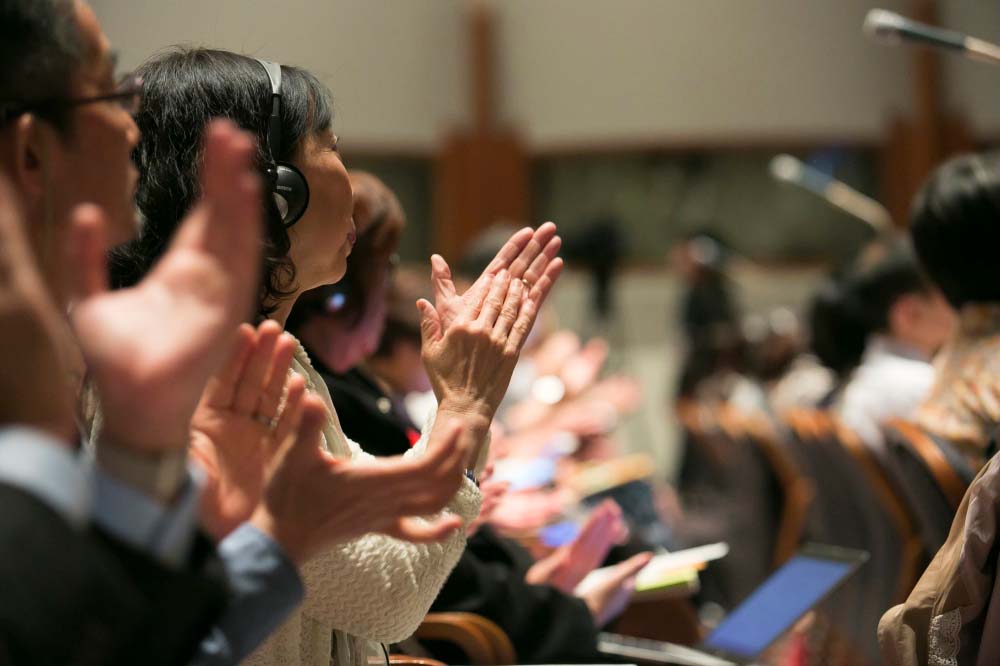

ORGANIZERS
- Shigeo Morishima, Waseda University
- Demetri Terzopoulos, UCLA
- Hubert Shum, Durham University
- Kaisei Sakurai, Dwango Co. Ltd.
- Nobuyuki Umetani, The University of Tokyo
- Chris Wojtan, Institute of Science and Technology Austria (ISTA)
- Etienne Vouga, UT Austin
- Yin Yang, Clemson University, The University of Utah
- Amal D. Parakkat, Institut Polytechnique de Paris
- Bailin Deng, Cardiff University
- Seung-Tak Noh, Tokyo University of Technology
Publicity Chairs
- Hongbo-Fu, City University of Hong Kong
- Taehyun Rhee, Wellington University
- Sung-Hee Lee, KAIST
- Taku Komura, The University of Hong Kong
- Hideki Todo, Aoyama University
- Akemi Kamimura, MAX Co.
- Makiyo Kurotani, Waseda University
- Tatsuya Yatagawa, The University of Tokyo
- Hiroyuki Kubo, Chiba University
- Takahiro Kuge, CyberAgent
- Naoya Iwamoto, HUAWEI
- Takako Shinohara, CG-ARTS
- Takashi Imagire, Tokyo Polytechnic University
- Amal Dev Parakkat (Telecom Paris, Institut Polytechnique de Paris), Anjul Patney (NVIDIA), Bedrich Benes (Purdue University), Bing-Yu Chen (National Taiwan University), Bochang Moon (Gwangju Institute of Science and Technology), Bohan Wang (MIT), Byungkuk Choi (Weta Digital), Carsten Dachsbacher (Karlsruhe Institute of Technology), Christian Roessl (University of Magdeburg), Chunxia Xiao (Wuhan University), Craig Schroeder (UC Riverside), Daniel Sýkora (CTU in Prague, FEE), Enrico Gobbetti (CRS4), Eric Galin (LIRIS), Feng Xu (Tsinghua University), Fu Xiao-Ming (University of Science and Technology of China), Gurprit Singh (Max-Planck Institute for Informatics), Hao Pan (Microsoft Research Asia), Haoran Xie (Japan Advanced Institute of Science and Technology), Havran Vlastimil (Czech Technical University in Prague), He Wang (University of Leeds), Hendrik Lensch (University of Tübingen), Holly Rushmeier (Yale University), Hsiang-Yun Wu (TU Wien), Hujun Bao (Zhejiang University), Jeppe Revall Frisvad (Technical University of Denmark), Jianchao Tan (George Mason University), Jing Ren (ETH Zurich), Jiri Kosinka (Bernoulli Institute, University of Groningen), Kai Xu (National University of Defense Technology), Kei Iwasaki (Wakayama University), Kenshi Takayama (CyberAgent), Klaus Hildebrandt (TU Delft), Leif Kobbelt (RWTH Aachen University), Libin Liu (Peking University), Lin Gao (Institute of Computing Technology, Chinese Academy of Sciences), Ling-Qi Yan (UC Santa Barbara), Lingjie Liu (Max Planck Institute for Informatics, Saarbrucken), Magnor Marcus (TU Braunschweig), Makoto Okabe (Shizuoka University), Manfred Lau (City University of Hong Kong), Martin Cadik (Brno University of Technology), Meng Zhang (University College London), Miao Wang (Beihang University), Mikhail Bessmeltsev (Université de Montréal), Min Tang (Zhejiang University), Minchen Li (University of California, Los Angeles), Mridul Aanjaneya (Rutgers University), Nicholas Sharp (the University of Toronto), Petr Kellnhofer (TU Delft), Piotr Didyk (University of Lugano), Qi Sun (New York University), Qin Hong (Stony Brook University (SUNY Stony Brook)), Rafael Kuffner dos Anjos (University of Leeds), Rahul Arora (Meta Reality Labs), Reinhard Klein (University of Bonn), Renjie Chen (University of Science and Technology of China), Schreck Camille (Inria Nancy), Seungyong Lee (POSTECH), Shao-Ping Lu (Nankai University), Shuang Zhao (University of California, Irvine), Stefan Ohrhallinger (TU Wien), Sungkil Lee (Sungkyunkwan University), Taesoo Kwon (Hanyang University), Tao Du (MIT), Tiantian Liu (Taichi Graphics), Weiwei Xu (Zhejiang University), Xianfeng Gu (State University of New York at Stony Brook), Xiangru Huang (MIT), Xiaopei Liu (ShanghaiTech University), Xifeng Gao (Tencent America), Ying He (Nanyang Technological University), Yonghao Yue (Aoyama Gakuin University), Yoshihiro Kanamori (University of Tsukuba), Young Min Kim (Seoul National University), Yue Dong (Microsoft Research Asia), Yuki Koyama (National Institute of Advanced Industrial Science and Technology (AIST)), Yun Zhang (Communication University of Zhejiang), Yunhai Wang (Shandong university), Zhu Zhe (Duke University)
